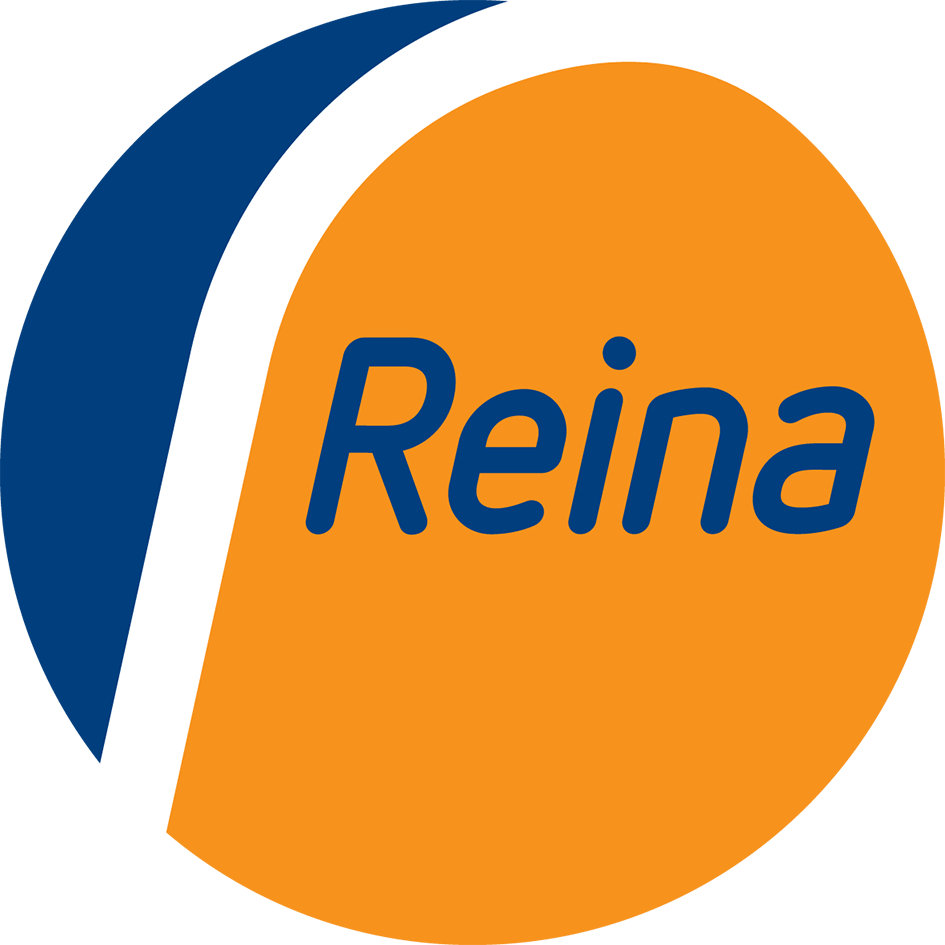A complete guide to Solar Panels in Kent & South East.
What are Solar PV Panels?
Solar electricity panels, also known as photovoltaics (PV), capture the sun’s energy and convert it into electricity that you can use in your home. By installing solar panels, you can generate your own renewable electricity.
How do Solar Panels work?
When daylight strikes a PV solar panel, a DC electrical current is generated. If you install several of these panels on a roof in a formation, the current becomes significant. This DC current then travels down to an inverter, which converts the electricity from DC to AC, which runs all the standard electrical items in every home.
PV solar panels provide you with free energy and free electricity to power appliances like your TV, kettle, toaster, phone charger, radio, oven and so on.
Benefits of Solar Panels?
- Massive Savings – A solar PV system can save you up to £1800 per year on your domestic electricity bill. With the constant rise of electricity prices, Solar Panels are an important investment to consider.
- 25-year guaranteed output – The output of your PV solar panels is guaranteed for 25 years from the time of installation.
- Free electricity forever – Consider not paying for electricity forever and the impact this will have on your lifestyle.
- A sensible investment – To install a solar PV system, is a sensible investment for your home. A typical 4kWp system will save you around £1800 per year on your electricity bills. A property with Solar PV is an attractive asset when selling your home.
- Generating Energy All Day Long – Solar Panels are designed to generate energy in daylight hours so it doesn’t need to be sunny you can create energy even on the dullest of days.
How much do Solar Panels cost?
Join 1,000s saving up to 70% on energy bills by Investing in a solar PV system. Not only do solar PV’s provide you with free electricity but also presents a lucrative opportunity to generate income. Through the government-operated smart export guarantee scheme (SEG), which is an obligation imposed on certain licensed electricity providers to offer a tariff which reimburses small-scale low carbon generators, such as Solar Panels for electricity that they export to the National Grid.
Indicative Quotation to Design, Supply & Install Solar PV
| Kilowatt System Size | No. of Panels | Indicative Cost |
| 4kW | 8-15 | £5699 |
| 3kW | 8-12 | £4899 |
| 2kW | 8 | £4399 |
Add battery storage to your system for only an additional £2,999.
How much could Solar Energy save me?
By generating and using your own solar energy – instead of power from the National Grid – you can make significant savings on your electricity bills. The Energy Saving Trust calculator estimates that a typical 4kWp solar panel system can save between £500-£700 off your annual bill with the Smart Export Guarantee SEG depending on where you live.
Using battery storage alongside your solar panels can further increase your savings – because a battery will store the surplus energy that you produce, so you can use it when the sun goes down instead of drawing it from the Grid.
How do Solar Panels work with Heat Pumps?
PV panels produce a smaller amount of electricity in the winter, at the time of year when your heating and hot water demands are at there highest. Solar PV panels will have less impact on lowering costs for running a heat pump during the colder months, however during the summer you won’t be using your heat pump much more than to heat hot water. With correct heat pump controlled timings and an adequately sized hot water cylinder, Solar Panels can generate enough energy to give you free hot water 3-4 months of the year.
You can also reduce the amount of energy you use in the summer if you have solar PV by installing a solar PV immersion controller to divert any extra electricity generation to your immersion in your thermal store or cylinder to heat your water for free instead of exporting it back to the national grid. Speak to our team if you would like any further information.
We recommend when installing Solar Panels with a Heat Pump to invest in a battery storage unit to capture solar energy and then draw from your battery when needed. Therefore in the colder months when your heat pump is working harder, energy can be drawn from the battery to provide your home with heating and hot water, without using electricity from the grid.
Do Solar Panels work if it’s not sunny?
There’s a big difference between sunlight and daylight. Solar panels need daylight to generate power – not the sun’s rays. This means you can still generate power even on cloudy days. In fact, less direct sunlight can be beneficial – too much heat can reduce the power solar panels capture.
How many solar panels will my house need?
During your free home survey, one of our solar energy specialists will assess your home and rooftop – to determine what your solar panel system options are and how many PV panels you need to produce sufficient energy for your household.
You can also install a solar battery which stores your energy ready so you can use it or store it for when you need it.
How do Battery Storage units work with Solar Panels?
A solar battery is a popular addition to install alongside a solar PV panel system to store excess energy. Depending on the size of your solar panel system, it could generate more electricity than your home can use during the day, so a solar storage battery system helps you maximise more of the solar energy you generate. And because solar panels only generate electricity when there’s sunlight, a solar battery helps to power appliances and keep the lights on when the sun goes down.
Solar battery storage technology allows you to use more of the free energy produced by the solar panels to save money and increase independence from the National Grid.
Are solar panels right for me?
Space is a key consideration. The average system size is around 3.5kWp and this will typically take up around 20m2 roof area.
An unshaded, South facing roof is ideal for maximum electrical output. East or West facing roofs could still be considered, but North facing roofs are not recommended. A system facing East or West will yield around 15-20% less energy than one facing directly South.
Can you have Solar Panels on shaded Roofs?
Any nearby buildings, trees or chimneys could shade your roof and have a negative impact on the performance of your system. Finding an unshaded spot is best.
Do I need permission to install a solar PV system?
Solar PV panels are considered ‘permitted developments’ and often don’t require planning permission. However, exceptions apply and it’s best to check with your local planning office for guidance. If you live in a listed building, conservation area or national park, additional restrictions may apply.
For an indicative quote and more information on Solar Panels please contact our team on 01303 248648 or email info@reinagroup.co.uk.













